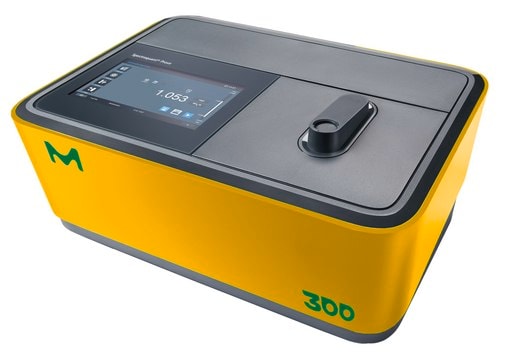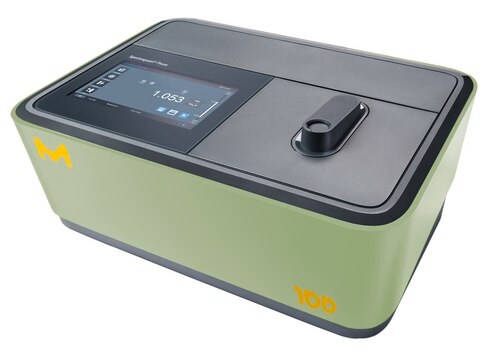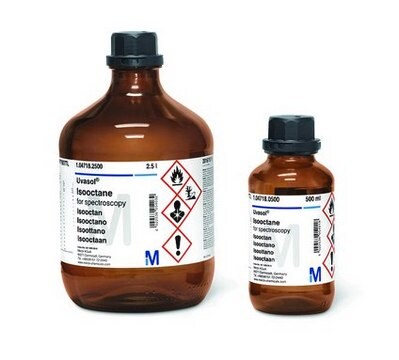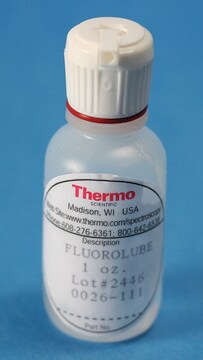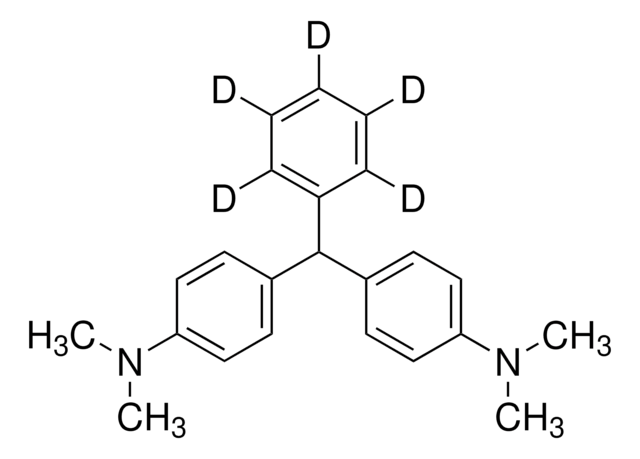31627
Carbon disulfide
suitable for IR spectroscopy, puriss. p.a., ACS reagent, reag. Ph. Eur., ≥99.9% (GC)
About This Item
Recommended Products
grade
ACS reagent
puriss. p.a.
Agency
reag. Ph. Eur.
vapor density
2.67 (vs air)
vapor pressure
5.83 psi
Assay
≥99.9% (GC)
form
liquid
autoignition temp.
212 °F
expl. lim.
50 %
technique(s)
IR spectroscopy: suitable
impurities
≤0.0001% H2S + foreign org. S-comp.
≤0.001% benzene
≤0.001% non-volatile matter
≤0.01% water (Karl Fischer)
refractive index
n20/D 1.627 (lit.)
bp
46 °C (lit.)
mp
−112-−111 °C (lit.)
density
1.266 g/mL at 25 °C (lit.)
anion traces
sulfate (SO42-): ≤2.5 mg/kg
sulfite (SO32-): ≤10 mg/kg
SMILES string
S=C=S
InChI
1S/CS2/c2-1-3
InChI key
QGJOPFRUJISHPQ-UHFFFAOYSA-N
Looking for similar products? Visit Product Comparison Guide
General description
Application
related product
Signal Word
Danger
Hazard Statements
Precautionary Statements
Hazard Classifications
Acute Tox. 4 Inhalation - Eye Irrit. 2 - Flam. Liq. 2 - Repr. 2 - Skin Irrit. 2 - STOT RE 1
Target Organs
Peripheral nervous system,Central nervous system,Cardio-vascular system,Eyes
Storage Class Code
3 - Flammable liquids
WGK
WGK 2
Flash Point(F)
-22.0 °F - closed cup
Flash Point(C)
-30 °C - closed cup
Certificates of Analysis (COA)
Search for Certificates of Analysis (COA) by entering the products Lot/Batch Number. Lot and Batch Numbers can be found on a product’s label following the words ‘Lot’ or ‘Batch’.
Already Own This Product?
Find documentation for the products that you have recently purchased in the Document Library.
Customers Also Viewed
Our team of scientists has experience in all areas of research including Life Science, Material Science, Chemical Synthesis, Chromatography, Analytical and many others.
Contact Technical Service


